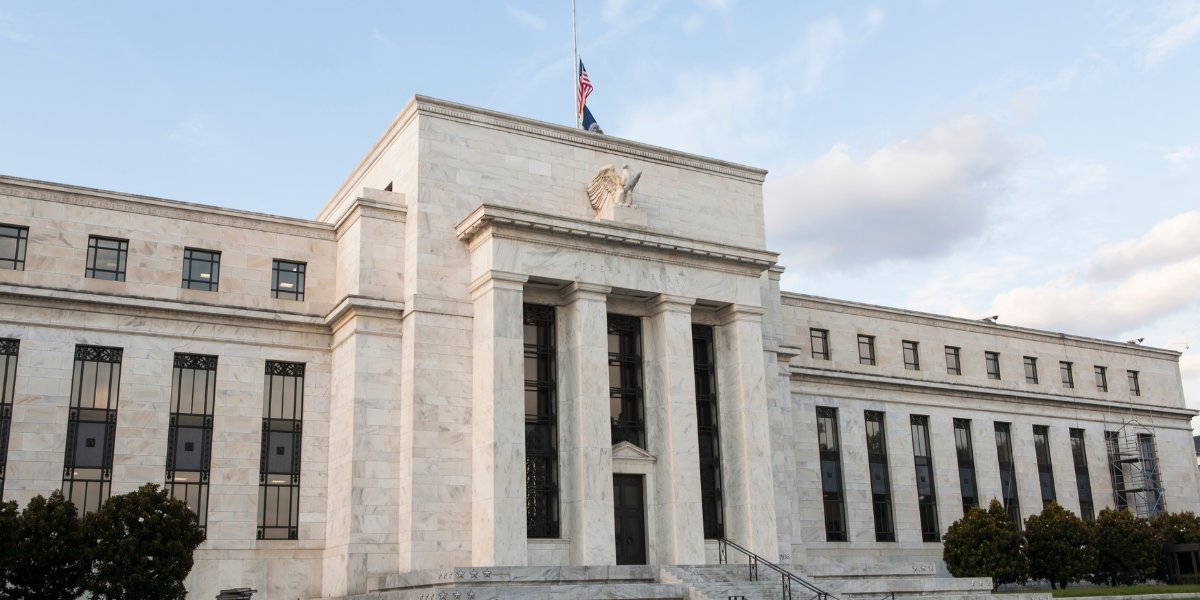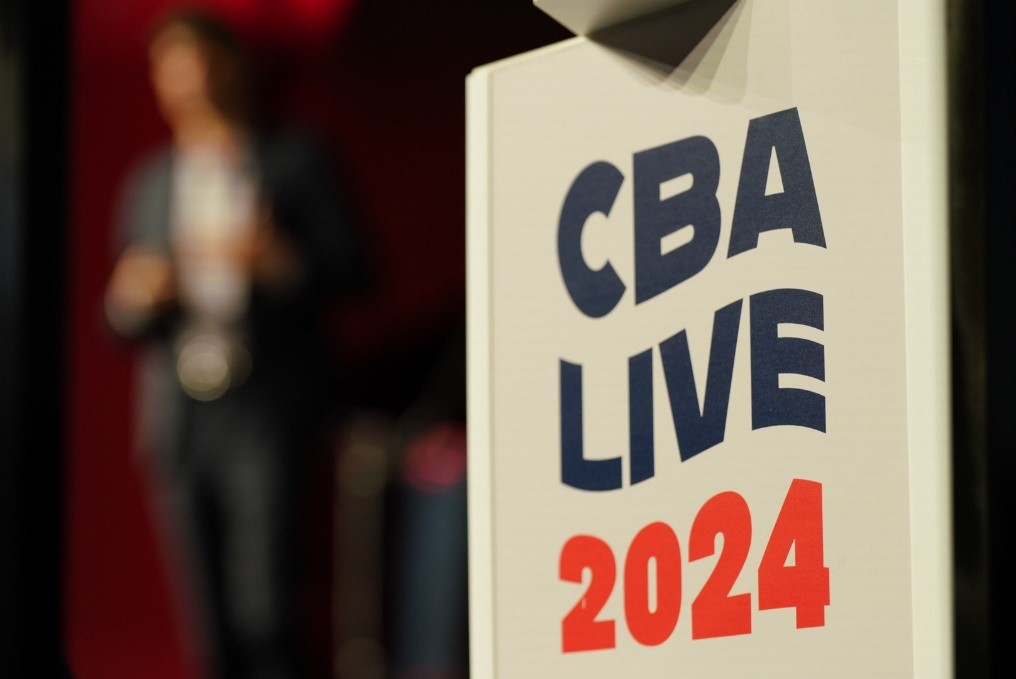press release
CBA, Financial Trades Call on Fed to Reject Requests for Changes to Debit Card Interchange Fees
Weston Loyd

In a new letter sent to the Federal Reserve Board of Governors, the Consumer Bankers Association, American Bankers Association, American Association of Credit Union Leagues, Credit Union National Association, Electronic Payments Coalition, Independent Community Bankers of America, Mid-Size Banks Coalition of America, National Association of Federally-Insured Credit Unions and National Bankers Association urged the Fed to reject merchant requests for further changes to Regulation II governing debit card interchange fees. The coalition includes organizations representing the vast majority of federally-regulated financial institutions across the country, including community banks, credit unions, and institutions serving the military community concerned about the negative impact Reg II changes could have on millions of deposit account holders.
Among other actions, the groups call on the Fed to share more details on the potential revisions before the Board of Governors meet to discuss the rule, to collect and publish comprehensive data on the costs of Reg II on regulated entities and the consumers, and they request the opportunity to meet with the Board of Governors and rebut assertions made by merchants, which are “riddled with errors, misleading statements, and false comparisons that appear designed to deceive” and ignore the very real impact Regulation II has already had on consumers across the country.
“As in the merchant groups’ litigation against the Federal Reserve on Regulation II, there is consistent cherry-picking of facts and omission of ‘inconvenient evidence’ that contradicts their advocacy efforts,” the groups wrote. “We urge the Board not to be misled. Contrary to merchant talking points, Regulation II has caused significant real-world economic harm to our members and their customers — and its recent expansion by the Board is compounding that harm. The Durbin Amendment’s ‘exemption’ of smaller financial institutions has proven to be largely illusory, as the Federal Reserve’s own data shows that regulatory thresholds in the interchange market do not insulate smaller issuers from harm.”
The groups expressed disappointment that the Federal Reserve has so far refused to acknowledge that community financial institutions are facing rising costs and falling revenues because of existing Regulation II rules.
“Adding to this disappointment is the Board’s willingness to acquiesce to merchant requests regarding practices they consider to be ‘unfair,’” according to the groups. “While we acknowledge and appreciate the important role that merchants play in the payments ecosystem, ensuring the soundness and sustainability of all stakeholders, including debit card issuers of all sizes — including community banks and credit unions, many of which are already facing rising debit costs and declining interchange revenues — is, in our view, a more important policy imperative for a financial regulator. The manipulation of card-not-present transactions is introducing fraud risks and creating operational problems for debit card issuers. The cumulative and underappreciated result of these developments is a reduction in consumer access to affordable core financial products and higher costs.”
In the letter, the associations request the opportunity to meet with the Board of Governors and rebut assertions made by merchants prior to any votes on this issue.
“While we believe that Federal Reserve economists are savvy enough to see through the distortions, misrepresentations, and (in some cases) outright falsehoods on which these trade associations base many of their arguments, we nonetheless respectfully request the opportunity to meet with you to correct the record prior to the Board’s scheduled open meeting on October 25, 2023. Neither the flawed petition nor the subsequent and similarly flawed meeting materials should form the basis for the Board’s posture on these issues.”
In closing, the letter highlights that the Board is under no obligation to act on the request of the merchants and that caution should be advised given wide-reaching impact on consumer checking accounts.
“This is not merely a question about routing or interchange, and it does not only affect thousands of financial institutions. Hundreds of millions of consumer checking accounts are inexorably linked to debit card processing and as the Supreme Court has found, cardholder interests matter too.”
Read the full letter.



